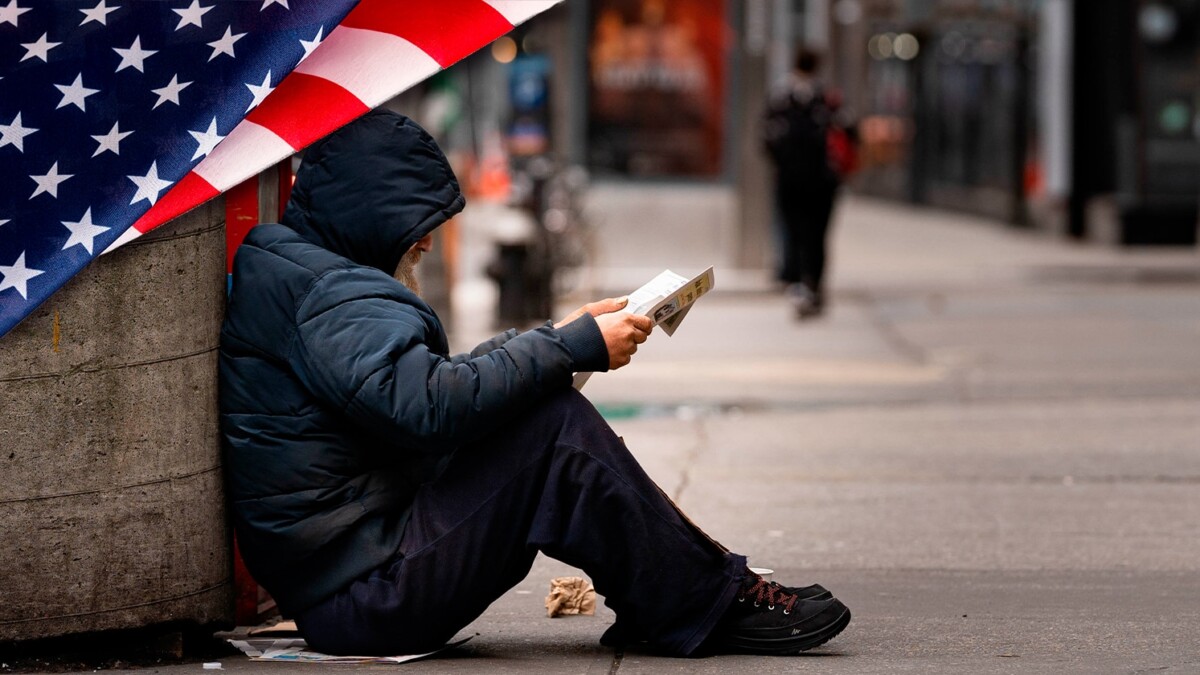A new law in Florida aims to address the irregular presence of homeless people on the streets of the state, official sources indicated.
On his official account on X, Governor Ron DeSantis wrote that this type of inconsistency would no longer be tolerated, and he would act against the expansion of campsites, open-air drug markets, and homeless people who endanger themselves and others.
Stating that all of this is preventable, he added that “our action today is one of many measures we are taking to keep our cities clean and safe for everyone.”
The action he refers to is none other than the enactment of HB 1365 Unauthorized Camping and Sleeping in Public, a law promulgated by DeSantis for his state.
The legislation indicates that from October 1st, it will be prohibited to camp or sleep on public property without the designated ownership certification by the Department of Children and Families (DCF) in any of the counties and municipalities of Florida.
It also authorizes counties to designate some public properties that may be used for these purposes and requires them to establish specific standards and procedures related to them.
It will also grant authority to the DCF to inspect these properties and issue notices in necessary cases.
The ordinance that will regulate the presence of homeless people in Florida parks provides for certain exceptions during states of emergency declared by the governorship or the country.
While the content comes to address a real crisis and is not as strict as other proposals by DeSantis, HB 1365 has a discriminatory background and does not resolve the issues of those living on the streets.
During its announcement, the governor described it as a “solution” for communities “plagued” by homeless people and that residents should not be approached by them in the streets.
Nevertheless, the law would allow many among the nearly 31,000 homeless people in the state to find a glimpse of a solution to their housing problems, many of them migrants who achieved a better life and sleep in parks and other public spaces.
Only $10 million is allocated to implement the ordinance in the state’s 67 counties, and given the insufficient amount, 29 of them would be exempt from fiscal restrictions for the proposed services.
Campsites will be created far from businesses and neighborhoods where security, sanitation, and behavioral health would be offered to those staying in them.
It establishes that from January 1st, 2025, if communities do not act towards the eviction of the homeless, they could be sued by residents, businesses, and the attorney general.
After the lawsuit, local governments would have only five business days to resolve the infraction, and if recognized in favor of those who establish it, they would have to pay attorney’s fees and costs.
Beyond what it proposes and those who support or disagree with its content, HB 1365 would not address the fundamental cause of the proliferation of homelessness in the state, which is the housing crisis.
✅Para Recibir TODAS las Noticias GRATIS 👉Síguenos desde Aquí

